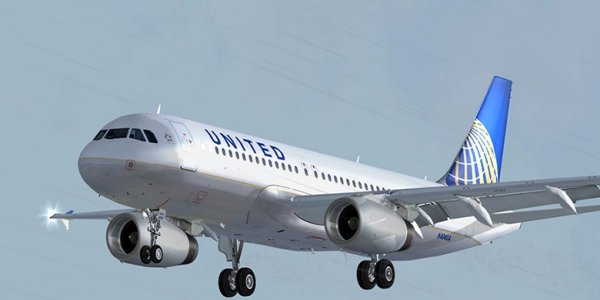Flight Sim Developer Apologizes For Using Malware To Fight Piracy

Your Daily Blend of Entertainment News
You are now subscribed
Your newsletter sign-up was successful
Developer Flight Sim Labs, the makers of various types of DLC and aircraft for Microsoft's Flight Simulator series of games, recently came under fire from its own community for taking measures to combat piracy by injecting malware into the software to weed out the personal info of pirates. However, after getting caught, the studio head decided to apologize for the decision.
Over on the official Flight Sim Labs website, there's a posted apology from founder Lefteris Kalamaras, who explains that after getting some pointed and highly critical feedback from the community about the discovery of malware in the software, it was decided to renege on that plan and apologize for such drastic and uncouth measures to combat piracy. Kalamaras wrote...
I want to reiterate and reaffirm that we as a company and as flight simmers would never do anything to knowingly violate the trust that you have placed in us by not only buying our products but supporting them and FlightSimLabs. While the majority of our customers understand that the fight against piracy is a difficult and ongoing battle that sometimes requires drastic measures, we realize that a few of you were uncomfortable with this particular method which might be considered to be a bit heavy handed on our part. It is for this reason we have uploaded an updated installer that does not include the DRM check file in question.
The "DRM check file" had reportedly contained malware. Users over on the Reddit threads commented on finding a Chrome password extractor in the A320 installer for Flight Simulator from Flight Sim Labs.
The users claimed that the password extractor dumped data from their browser. Some users claimed that after installing it they found out there were fraudulent charges made from their bank account, indicating that someone had gained access to their financial data via illicit means.
Obviously, this set off a firestorm of criticism directed toward Flight Sim Labs, especially when the executable file for the flight sim add-on was discovered which tested positive as a Chrome browser password extractor from security testing websites.
Kalamaras doesn't exactly address the purpose of gathering personal information from users, but, previous to apologizing for the incident, he stated in the thread that the tool wasn't designed to gather legitimate customer information but was used against serial numbers of the game that were allegedly acquired through piracy. Kalamaras claimed that the executable included in the installer was designed to target pirated software copies for those who obtained the game illegally, and that the data extracted using the executable was only to gather information from pirates in the company's ongoing legal battles against piracy.
Obviously, there are some serious legal issues involved with extracting personal information from customers without their knowledge, and even more serious issues involved with extracting banking data via malware.
Your Daily Blend of Entertainment News
Most companies rely on DRM such as Denuvo to curb piracy and anti-tampering, but utilizing malware that extracts personal information is a step that some believe is too far. I tend to doubt this may be the last we'll hear about Flight Sim Labs and this particular issue.
Staff Writer at CinemaBlend.

